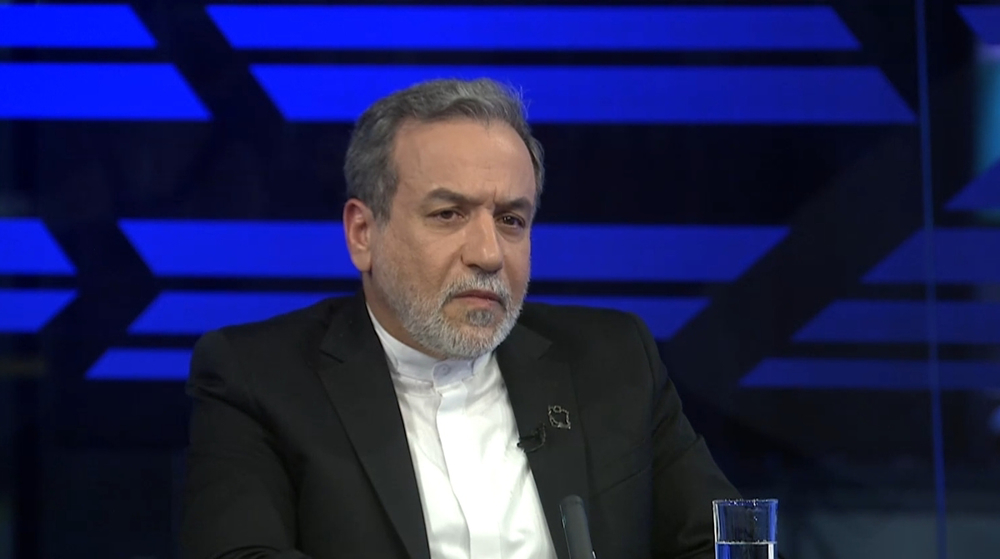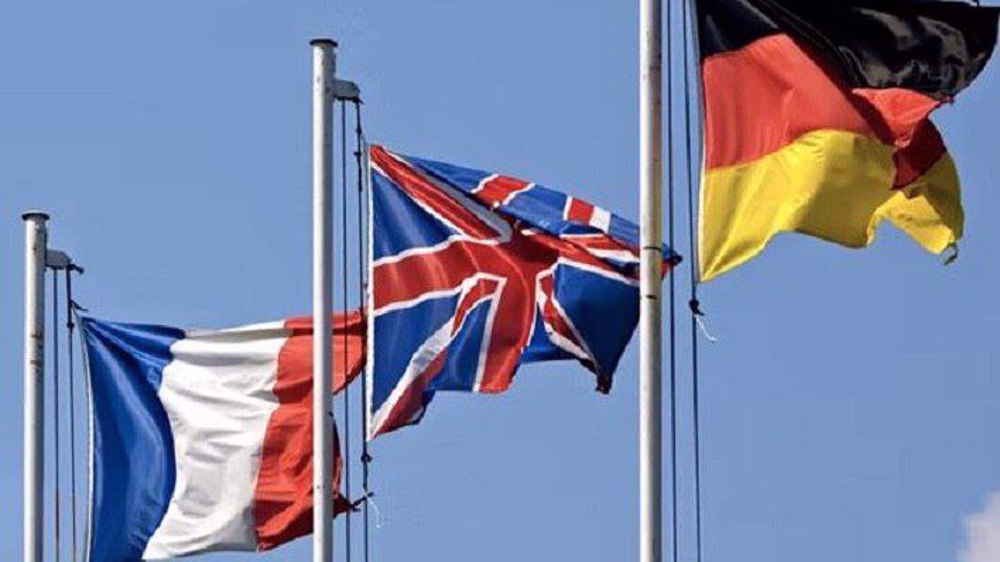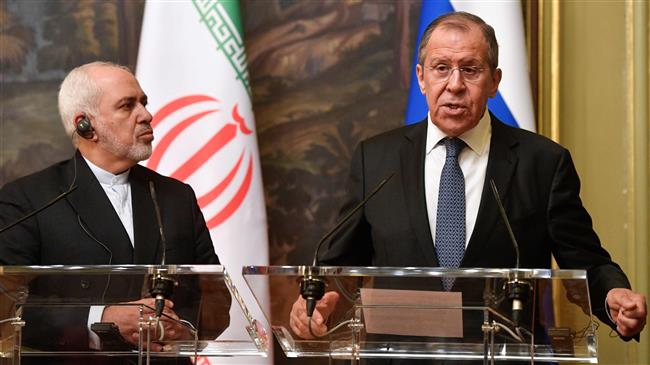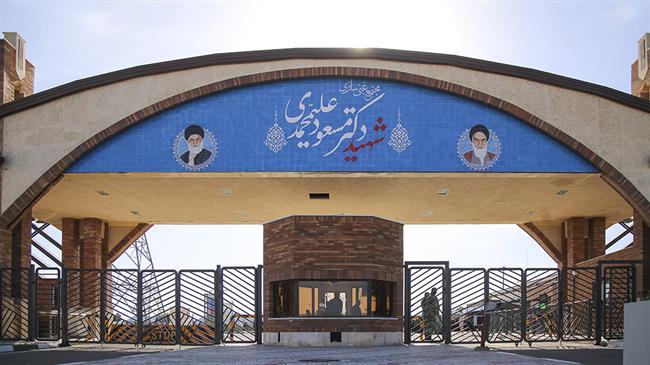Fordow enrichment capacity reaching pre-JCPOA levels, to increase gradually: Iran
The Atomic Energy Organization of Iran (AEOI) has confirmed that the Fordow facility is now enriching uranium at almost the same levels before the Joint Comprehensive Plan of Action (JCPOA).
The rate will increase "gradually" as part of the country's new step away from the 2015 nuclear deal in response to violations by the United States, AEOI spokesman Behrouz Kamalvandi said Saturday.
Speaking at a press conference in Fordow, Kamalvandi said the enrichment capacity after Iran started injecting gas into 1,044 centrifuges in Ferdow has risen to some 9,500 separative work units (SWUs), which is 87 percent to 90 percent of the pre-JCPOA levels.
"Gradually, the enrichment capacity will increase at Fordow in the coming days," he said. "With the beginning of gas injection into the centrifuges at Fordow, the [enrichment] capacity of 8,600 SWUs will go all the way up to 9,500 SWUs and we won't be far off compared to before the JCPOA."
As part of the fourth rollback of its commitments under the nuclear deal in reciprocation for Washington’s pullout and Europe’s failure to meet its end of the bargain, Iran began injecting gas into its Fordow centrifuges earlier this week.
The step involves injecting UF6 (uranium hexafluoride) gas into centrifuges under the supervision of inspectors from the International Atomic Energy Agency (IAEA).
Under the the JCPOA, the first-generation IR-1 centrifuges at Fordow are only allowed to spin without uranium gas.
Asked whether the new step is the last technical one in Iran's suspension of its commitments, Kamalvandi said: "This is not the last step and other steps can also come into play."
"We have taken four steps and it's about time the other side comes into its senses. Of course there are other steps," he said, cautioning the remaining signatories of the deal -- the UK, France, China, Russia and Germany -- that the next steps won't be limited to technical matters.
Kamalvandi said Iran initially did not want to scale back its JCPOA obligations but decided to do so after the US decision to abandon the agreement disrupted the balance between commitments and tasks.
The Islamic Republic says the suspension of its commitments is not a violation of the JCPOA, adding it is based on Articles 26 and 36 of the agreement itself, which detail mechanisms to deal with non-compliance.
The fate of the Iran deal has been in doubt since May 2018, when the US abruptly abandoned the deal and reinstated all the anti-Iran sanctions that it had lifted as part of the JCPOA.
Tehran says the European signatories — Britain, Germany and France — have so far failed to uphold their commitments.They have expressed vocal support for the deal, but failed to provide meaningful economic incentives as required under the nuclear agreement.
Hamas thanks Iran, Resistance Front following achievement of ceasefire in Gaza
'Capitulation': Israeli officials and media concede Gaza defeat as truce unfolds
'Gaza has won': Social media users react to ceasefire with mix of relief, joy
Iran seeks South Korea’s assistance for AI, fiber-optic projects
VIDEO | Iran's 'Eqtedar' (Power) maneuver
Israel hits HTS military target in Syria for 1st time since fall of Assad
VIDEO | Press TV's news headlines
Israel has slaughtered 13,000 students in Gaza, West Bank
















 This makes it easy to access the Press TV website
This makes it easy to access the Press TV website